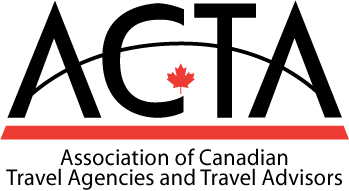Vote Delays Air Regulations
Dale Smith, www.Blacklocks.ca
Major changes to air regulations are being postponed due to the general election. Advocates yesterday expressed frustration with the delay in amending flight crew rules for the first time since 1996.
“They ran out of time before the election call,” said Captain Dan Adamus, Canada Board president of the Air Line Pilots Association International; “We were told they simply didn’t have enough time.”
Proposed amendments would impose first-ever limits on the number of hours crews can fly in a week, and legislate minimum rest times. Transport Canada in an earlier regulatory notice said existing rules fall short of international safety standards: “A 90-hour work week, or multiple, consecutive 90-hour work weeks, are not acceptable given the current fatigue science,” the department wrote in a Notice Of Proposed Amendments.
“Yes, there’s going to be an increase in cost, however everybody’s going to have an increased cost,” Adamus said. “If everyone has an increased cost, there’s no competitive advantage. It’s pretty hard to carve out which pilots should fall under the new rules and which shouldn’t. A pilot is a pilot, and fatigue is fatigue.”
Transport Canada said it would take more time to gauge the impact on smaller operators and extend industry-wide consultations. The regulations have been under review since 2012. “There are a lot of good excuses – I get that,” said Adamus. “It doesn’t mean we’re not disappointed.”
Proposals would limit all air crew to 13 hours’ flying time per day, and 60 hours a week, similar to U.S. standards; restrict the number of night shifts to three consecutive nights; expand rest periods; and limit the number of hours that crew can fly every month.
Trade groups opposing the regulations included the Helicopter Association of Canada; the Canadian Business Aviation Association; and the Northern Air Transportation Association, which estimated adoption of the rules would require carriers to hire 30 percent more flight crews.
“It’s extreme,” Stephen Nourse, executive director, said in an earlier interview. “This is huge. It’s immense in its impact.”
The association representing operators in the Northwest Territories and other remote regions said the proposed amendments failed to account for vast Arctic regions. “This takes Air Canada’s union agreement and cost structure and imposes it on the rest of Canadian aviation,” Nourse said; “Margins are thin. They are trying to rewrite the rules for everybody, all at once.”
